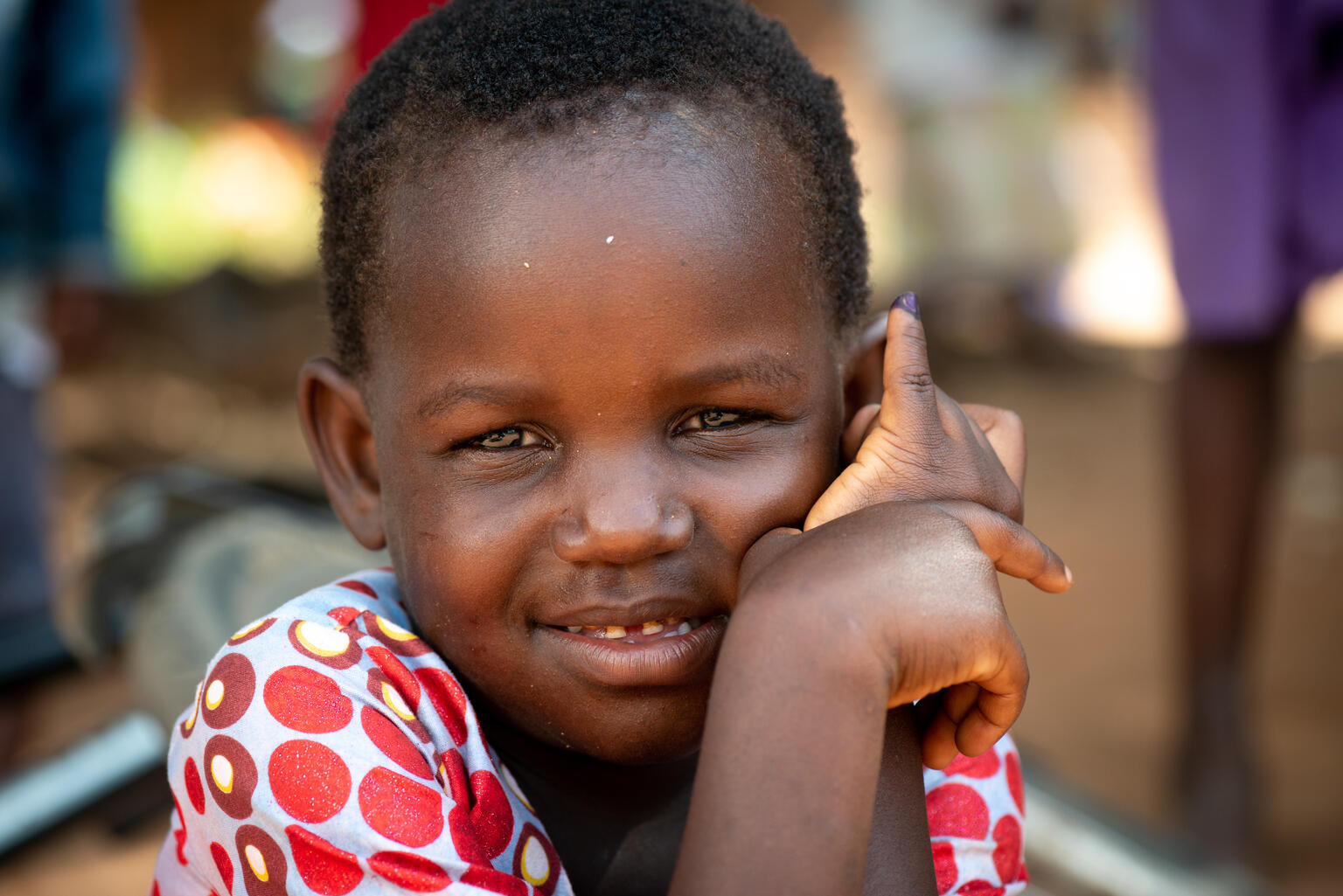
The Parliament of Zimbabwe has passed the Children’s Amendment Bill, a major step towards enhancing child protection in the country. This Bill will become a law after it is signed by the President. The Bill brings important legislative changes to the existing Children's Act 2001, with amendments that clearly define and regulate processes to keep children safe from neglect and abuse. It also brings the existing Children’s Act in line with the Constitution and international conventions.
The passing of this Bill builds on important effort and commitments for children by the government. Zimbabwe has been committed to creating safe environments for children, and the country has made a formal, public commitment to work towards ending all forms of violence against children by becoming a Pathfinding Country with the End Violence Partnership.
Better protection from violence and abuse
One of the key provisions of the new Bill is the establishment of the Child Protection and Welfare Council. This council is set up specifically to safeguard vulnerable children and promote their rights.
To better address child abuse, the Bill introduces new criminal offences, such as the criminalisation of involving children in any activities related to child sexual abuse material (published offline or online via any technology), as well as the prohibition of denying necessary medical treatment to a child.
The act also gives clear responsibility to those who interact with children to ensure that they take action in case children seem to be in danger. Any person who is required or likely to interact with children in their professional or vocational capacity in any way must report any instances of suspected or anticipated child abuse.
The Bill lays out requirements for all institutions housing children to better protect them. This includes incorporating “Early Intervention and Family Preservation Programmes”, or programs that aim to promote parenting skills and positive and non-violent forms of discipline, provide psychological, rehabilitation and therapeutic programmes for children and prevent the neglect, exploitation, abuse or inadequate supervision of children in the family environment. The Bill however fell short of prohibiting corporal punishment of children by adults among its amendments.
Inclusive definitions for child welfare
More key changes to broaden the scope of welfare to better include all children. This includes:
- clarifying the definition of children so that everyone under the age of 18 is to be considered a child, this includes scrapping the previous distinction between “children and young persons”
- broadening the meaning of “child in need of care” to cover various situations, such as children at risk of forced marriage, pregnant children, and unaccompanied children.
- expanding the definition of “parent” to include biological parents, whether married or not – to make sure that children are not left behind due to the status of their parents at birth
This is a significant step towards safeguarding the well-being of Zimbabwean children.
Track progress and milestones from Zimbabwe on End Violence’s Country Dashboard.
Image: © UNICEF/UN0641102/Daylin Paul